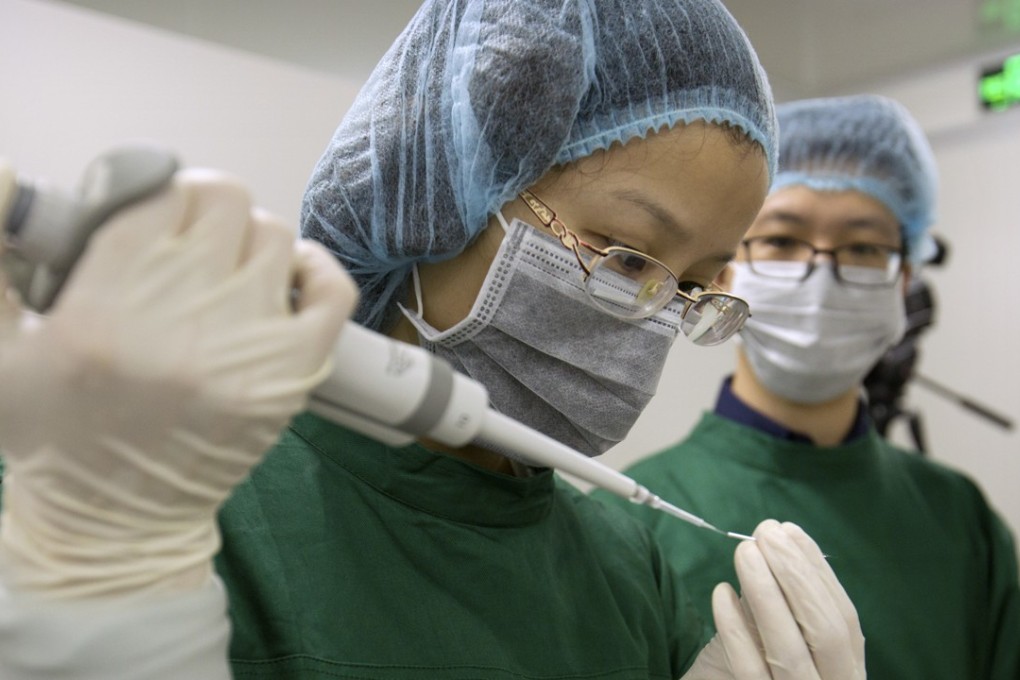Chinese scientists condemn ‘crazy’ and ‘unethical’ gene-editing experiment
- More than 120 researchers sign open letter criticising He Jiankui after he claimed to have been responsible for world’s first gene-edited babies

Chinese scientists have rounded on a colleague who claimed to have conducted an experiment that led to the birth of the world’s first genetically edited babies, describing it as “crazy” and “unethical”.
More than 120 Chinese scientists signed a letter condemning the claim by He Jiankui, a biologist with the Southern University of Science and Technology in Shenzhen.
“The project completely ignored the principles of biomedical ethics, conducting experiments on humans without proving it’s safe,” said Qiu Zilong, a neuroscience researcher with the Chinese Academy of Sciences in Shanghai who wrote the letter.
“We can only describe such behaviour as crazy.”
The letter was published on social media on late Monday and was signed by scientists at some of China’s leading research universities, such as Peking University and Tsinghua, as well as overseas institutions, including Stanford in the US and Singapore’s Agency for Science, Technology and Research.
Officials told Thepaper.cn that the Medical Ethics Committee in Shenzhen had opened an investigation into the experiment.
Earlier in the day, the city’s Health and Family Planning Commission said the experiment had not been registered with the medical ethics commission.